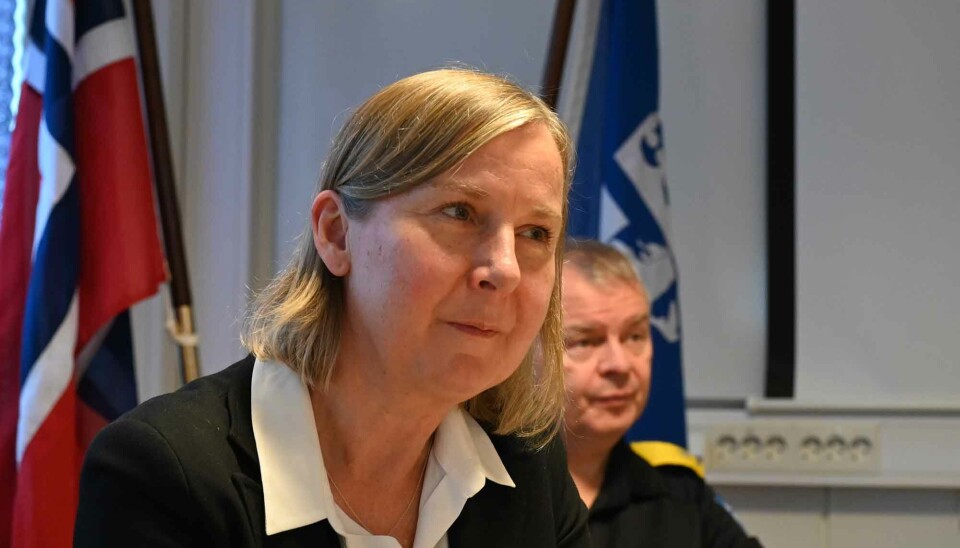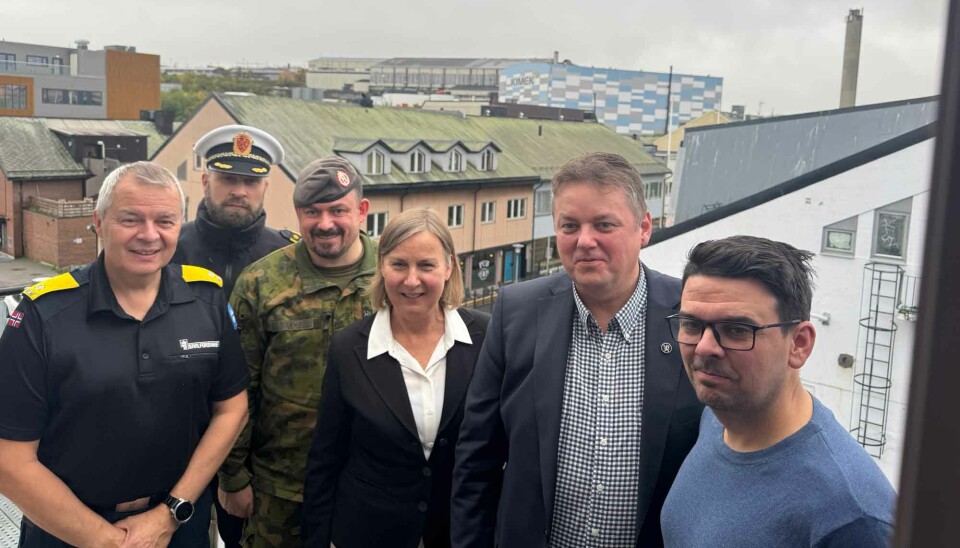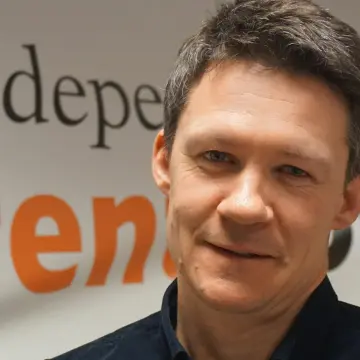
Government commissions establishment of 'preparedness hub' in Kirkenes
"Norway finds itself in a special security policy situation and the location of Kirkenes and Eastern Finnmark is exceptionally important," head of the Norwegian Directorate for Civil Protection said when she came to the border town.
Elisabeth Aarsæther assembled representatives of key local and regional authorities when she came to Kirkenes last week to kickstart the establishment of a local 'preparedness hub.'
"We have been tasked by the government to establish a hub," the leader of the Directorate for Civil Protection explained.
"It is about the need for increased government presence in the east, […] And, not least, to be better prepared to withstand the pressure that the Kirkenes society and Eastern Finnmark is under," she added.
"This is important for Norway," she emphasised.

The visit of the government official comes on the backdrop of growing regional tensions. Only few days earlier, a local passenger plane could not land in the town of Vardø because of extensive Russian GPS jamming.
Russian authorities, including the FSB and other security services, are testing reactions and openly trying to influence the neighbouring Nordic country. The Russian general consulate in Kirkenes is used as a tool to sow division and promote Russian narratives.
Local authorities in Kirkenes are increasingly wary, and Mayor Magnus Mæland has repeatedly called for support from Oslo. He sees the general consulate as a hub for propaganda and influence operations, especially with regard to the politics of memory.
Mæland has himself called for stronger and better coordinated preparedness planning in the region. He welcomes the new initiative and emphasises that preparedness cooperation with neighbouring Finland is needed.
"I expect this to lead to a higher level of understanding of what is going on here. And that the state itself is more explicit here locally," he told the Barents Observer.
"If there is anyone to learn from it is Finland and the way they are organised in fields like fire protection, rescue, as well as border management, defence and police," he added.
Mæland confirms that from now on representatives of the government in Oslo will be in Kirkenes when the Russian general consulate organises rallies by the local war memorial on October 24, the day celebrated by Russians as Soviet liberation of Kirkenes in 1944.
In recent years, local Russians have repeatedly staged provocations at the memorial.

The idea to establish a 'preparedness hub' in Kirkenes was first floated in the new Norwegian High North strategy. In a presentation of the strategy, State Secretary of Justice Kristine Joy Nordenson Kallset said that the new body would work with civil resilience and civil-military cooperation in the northern areas, including with neighbouring Sweden and Finland.
"Some of this will concern traditional work with security and preparedness, but also within this context strengthening resilience to disinformation and influence, increasing expertise on Russia, coordinating actors of importance to Norwegian policy on Russia, and also more civil cooperation on business and other matters," she said.
But little concrete is so far known about the initiative. Elisabeth Aarsæther herself admits that it remains to be seen what actual responsibilities and functions that will be assigned to the hub. And she emphasises that government funding is not plentiful.
Local critics have already expressed scepticism, but directorate leader Aarsæther emphasises that the hub will matter. "It will not become a paper-pushing office," she said.
The plan is to open the centre in 2026.

















